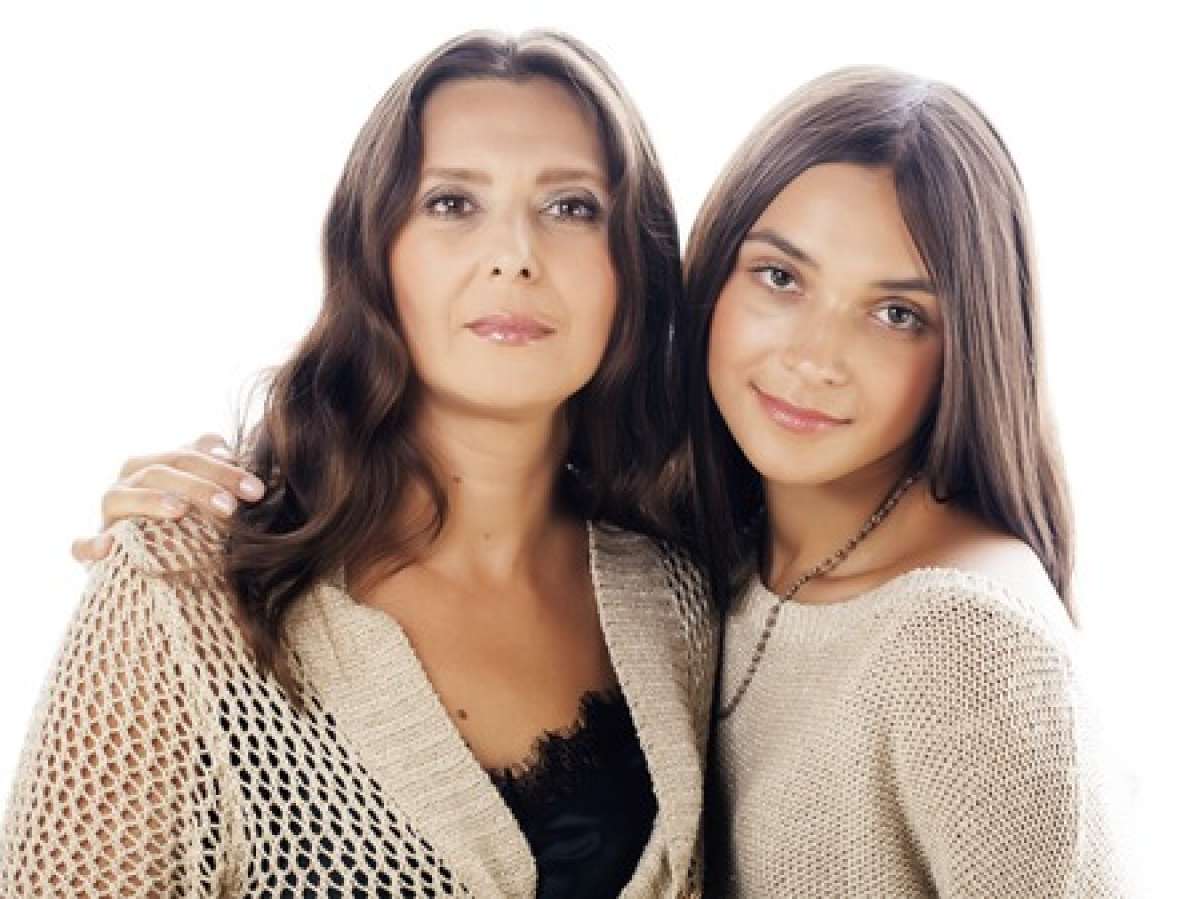Tips for New Moms: Your Mom and You

In this article, you will find:
The way it is
Our Parents Were Younger, Both in Years and ExperiencesAs youngsters, we ran circles around our moms the same way our children dizzy us. But most of our moms were in their twenties and enjoyed the staple of energy that younger adults possess.
Today, men and women are waiting longer to marry and have children, making us five to fifteen years older and considerably more fatigued than previous generations of parents. Virtually unheard of in our moms' day, some modern women are experiencing first-time motherhood in their forties and fifties.
Experts tell us that older parents do make better parents, lending greater stability, confidence and patience to this most exacting of jobs. Yet, greater complications beset over-thirty parents.
Moms of our era face a previously unimaginable double whammy: the tribulations of early motherhood simultaneous to the onset of menopause. The single mother of a four-year-old she adopted from China, Cathy in Phoenix is coping the best she can. "Menopause, including the surgery I had last fall to ease some symptoms, has been difficult. I make every effort not to inflict my grumpiness on my daughter but I am sure sometimes she senses it."
As older moms, we are more apt to feel the pinch of being in the sandwich generation and the need to care for aging parents as well. "My parents are in terrible health," Keesha from Detroit says. "I can't tell you how much pressure I'm under, working full-time, trying to take care of two kids under the age of five, getting them to the doctor at the same time I'm taking my father to the doctor, or going with my mom to buy a new walker."
We're older in years and in experiences. Those of us who enjoyed independent, career-focused, and self-indulgent but also self-defining years, feel every ounce of sacrifice involved in mothering. Brought up to seek self-fulfillment and individual happiness, we are not wired the same way as was the so-called "greatest generation" who lived during World War II. We were not immersed from birth in societal values that prized God and country, much less duty.
Indeed, researchers at San Diego State University report that older, wealthier couples grapple most with the transition to parenthood. In their formula for happiness, the salaried thirty- and forty-something set includes dinners out, frequent travel, and having time for themselves and their romantic lives. So their sense of deprivation and of having lost their modus operandi is often intense.
Intensive Mothering
Dr. Benjamin Spock encouraged our moms to trust their instincts. But we are subjected to the criteria of "intensive mothering," so named by University of Virginia professor Sharon Hays in The Cultural Contradictions of Motherhood. Intensive mothering is demanding, child-centered, expert-guided, labor-intensive, and expensive, Hays says. Ironically, these demands come at a time when 75 percent of all American mothers are in the labor force, nearly 40 percent of them in full-time jobs.
Women accustomed to being overachievers embraced these outrageously heightened ideals for mothering. So that today, many of us manically second-guess ourselves, trying to do everything by the book, or by twenty child-care books that contradict each other. We throw galalike birthday parties for our kids and teach them to overdo and overspend, rather than appreciate simpler and less fabricated delights.